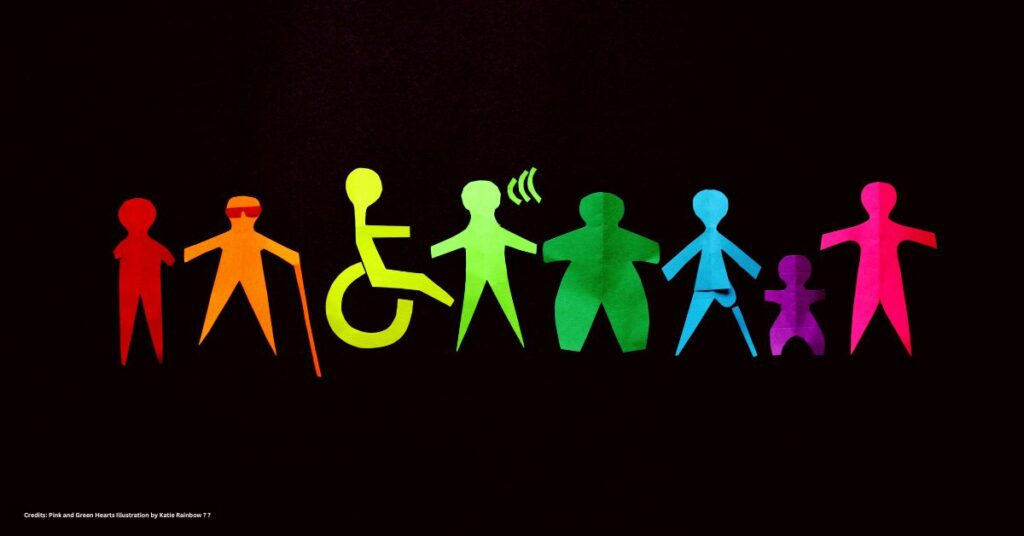In a nation that prides itself on diversity and equality, the National Disability Insurance Scheme (NDIS) stands as a beacon of hope for over half a million Australians.
The recently released “Working together to Deliver the NDIS” report, comprising 26 recommendations and 139 supporting actions, sheds light on the existing gaps in the scheme and underscores the crucial need for foundational support.
At the heart of this discussion is a plea for a connected system that not only amplifies accessibility but fosters inclusion within mainstream services.
It is a stark reminder that, despite strides towards inclusivity, Australians with disabilities still find themselves on the periphery of society.
The report’s emphasis on foundational support is a recognition that legislation and policies alone are insufficient to drive meaningful change. Australians with disabilities require a comprehensive system that not only addresses their immediate needs but also cultivates an environment where they can thrive socially and economically. This involves breaking down the barriers that hinder their full participation in mainstream services.
New research from Spinal Life Australia reveals over three-quarters (76%) of Australians agree the majority of places in Australia remain inaccessible to people living with disabilities. This comes as over half of Australians believe accessibility in public places (59%) and businesses (49%) needs improvement for people living with disability (49%). We need to work towards a more accessible, inclusive, and just society for all Australians.
Inclusivity goes beyond ramps and wider doors; it is about fostering an environment where individuals with disabilities feel a genuine sense of belonging. Unfortunately, the reality for many is far from ideal. Mainstream services, from public transportation to educational institutions and workplaces, often remain inaccessible, perpetuating a cycle of exclusion.
To contribute to the advancement of equality for all Australians, I strongly support the recommendation for the Australian Government to implement legislative change to allow participants once they turn 65 to receive support in both the NDIS and the aged care system concurrently and clarify when aged care supports are reasonable and necessary. It is imperative that we strive for equitable treatment, discouraging any form of ageism and promoting a society where everyone is treated with equal consideration.
To help address this challenge, the proposed connected system must extend beyond physical infrastructure and encompass a holistic approach, which embraces attitudinal and cultural shifts within society. Businesses, for instance, should promote the employment and engagement of individuals with disabilities through both physical accessibility and inclusive practices.
This call for foundational support further resonates with the broader societal shift toward recognising the multifaceted nature of disability. Disabilities are not static; they evolve, and so must our support systems. The connected system should be dynamic, responsive, and adaptable to the changing needs of individuals with disabilities. This requires ongoing collaboration between disability advocacy groups, policymakers, and the broader community to ensure that the voices of those affected are heard and regarded.
The critical question we must ask ourselves is: What kind of Australia do we want to live in? An Australia where the principles of inclusivity and accessibility are woven into the very fabric of society or one where certain individuals continue to navigate a world that is, at times, indifferent to their needs? The answer lies in a collective commitment to building a connected system that undoes barriers and promotes a society where the rights and aspirations of individuals with disabilities are championed.
The 26 recommendations and 139 supporting actions outlined in the report are not just a checklist; they represent a roadmap toward a more inclusive future. As we navigate the path ahead, let us not forget that inclusivity is not a burden but an investment in the richness of our collective human experience. The success of the NDIS scheme, and indeed the success of our nation, hinges on our ability to bridge the divide and create an Australia that truly leaves no one behind.
This opinion article was originally published on the Healthcare Channel.












